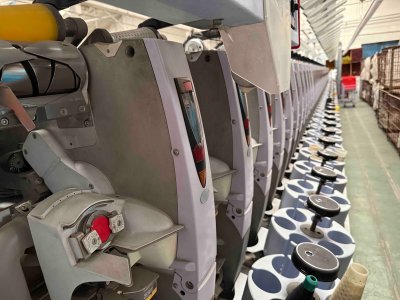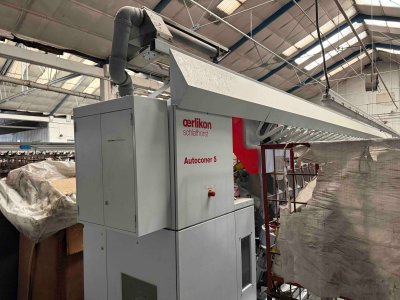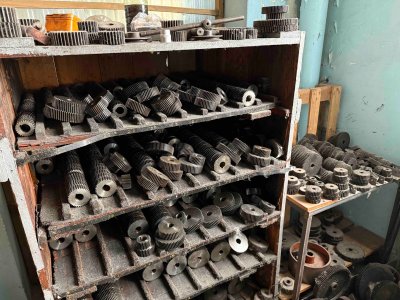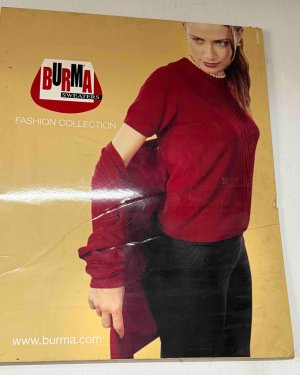I thought I would start a discussion on the impact of the Trump Administration's tariff rule changes on coupe owners. I know this will engender some political commentary, but I am hoping the thread will accumulate enough substance to be useful. If not, it likely will quickly disappear.
I've done a lot of work with taxes, including excise taxes on goods imported into the US, but I am not an expert on tariffs. I suspect those who import a lot of product to the US (e.g., @sfdon) will know a lot more about this, and hope they can add to this based on their experience.
Unfortunately, the US Harmonized Tariff Schedule of the United States was last updated on March 12, so we don't have the actual rules to work from. Accordingly, we have to look to news releases from the White House to figure out what is going on.
I've looked at the Fact Sheet from the March 26 order dealing with automobiles and auto parts (https://www.whitehouse.gov/fact-she...-and-automobile-parts-into-the-united-states/), and my reading is this won't have much of an impact on us as coupe owners. The 25% rate on parts is to be applied only to "key automobile parts (engines, transmissions, powertrain parts, and electrical components)." This does not appear to apply to most repair and maintenance parts coupe owners buy. It also does not appear to be applicable to most parts needed to do a restoration (fenders, bumpers, etc.). Here again, we don't have the actual rules so this conclusion is subject to change.
The change that I do see having a big effect on us comes from yesterday's announcement concerning the de minimis exemption applicable to shipments from China. https://www.whitehouse.gov/fact-she...nas-role-in-americas-synthetic-opioid-crisis/. Presently, an exemption of $800 applies on shipments directly from China to the USA, and sellers on both ebay and Amazon use this exemption to market Chinese products directly to US customers without paying tariffs. The announcement ended this exemption for products made in China as of April 2, 2025. An example of where this may apply is the purchase of a remanufactured Bosch alternator. If you acquire a Bosch remanfactured alternator from a seller on ebay, you are buying a Chinese part because Bosch does virtually all of its alternator remanufacturing in China. Another example is knock off tools from Amazon. For years Amazon has been contracting with Chinese manufacturers to create knock offs of items with good sales volumes on their platforms, so you can readily find knock offs of Milwaukee tool batteries that look just like Milwaukee batteries on Amazon at a significant price discount.
The announcement on de minimis shipments states that the postal service will be collecting these tariffs, which means sellers won't be able to sent them without paying the tax. It also states that commercial shipping companies will be liable for the tax, and they are very likely to ensure the tax is collected and paid, which means they too will collect these tariffs from sellers prior to moving their packages.
Given how suddenly this change is being implemented, I suspect we will see shortages of some repair and maintenance parts (and knock off tools as well). Those companies making Chinese knock off stuff that lack the financial capacity to eat the tariffs will simply disappear. And it will take a while for companies like Bosch to relocate their alternator remanufacturing facilities to a lower tariff jurisdiction. So, if you need an alternator rebuilt, you will likely need to seek out the local automotive electric guy, assuming he is still in business.
I've done a lot of work with taxes, including excise taxes on goods imported into the US, but I am not an expert on tariffs. I suspect those who import a lot of product to the US (e.g., @sfdon) will know a lot more about this, and hope they can add to this based on their experience.
Unfortunately, the US Harmonized Tariff Schedule of the United States was last updated on March 12, so we don't have the actual rules to work from. Accordingly, we have to look to news releases from the White House to figure out what is going on.
I've looked at the Fact Sheet from the March 26 order dealing with automobiles and auto parts (https://www.whitehouse.gov/fact-she...-and-automobile-parts-into-the-united-states/), and my reading is this won't have much of an impact on us as coupe owners. The 25% rate on parts is to be applied only to "key automobile parts (engines, transmissions, powertrain parts, and electrical components)." This does not appear to apply to most repair and maintenance parts coupe owners buy. It also does not appear to be applicable to most parts needed to do a restoration (fenders, bumpers, etc.). Here again, we don't have the actual rules so this conclusion is subject to change.
The change that I do see having a big effect on us comes from yesterday's announcement concerning the de minimis exemption applicable to shipments from China. https://www.whitehouse.gov/fact-she...nas-role-in-americas-synthetic-opioid-crisis/. Presently, an exemption of $800 applies on shipments directly from China to the USA, and sellers on both ebay and Amazon use this exemption to market Chinese products directly to US customers without paying tariffs. The announcement ended this exemption for products made in China as of April 2, 2025. An example of where this may apply is the purchase of a remanufactured Bosch alternator. If you acquire a Bosch remanfactured alternator from a seller on ebay, you are buying a Chinese part because Bosch does virtually all of its alternator remanufacturing in China. Another example is knock off tools from Amazon. For years Amazon has been contracting with Chinese manufacturers to create knock offs of items with good sales volumes on their platforms, so you can readily find knock offs of Milwaukee tool batteries that look just like Milwaukee batteries on Amazon at a significant price discount.
The announcement on de minimis shipments states that the postal service will be collecting these tariffs, which means sellers won't be able to sent them without paying the tax. It also states that commercial shipping companies will be liable for the tax, and they are very likely to ensure the tax is collected and paid, which means they too will collect these tariffs from sellers prior to moving their packages.
Given how suddenly this change is being implemented, I suspect we will see shortages of some repair and maintenance parts (and knock off tools as well). Those companies making Chinese knock off stuff that lack the financial capacity to eat the tariffs will simply disappear. And it will take a while for companies like Bosch to relocate their alternator remanufacturing facilities to a lower tariff jurisdiction. So, if you need an alternator rebuilt, you will likely need to seek out the local automotive electric guy, assuming he is still in business.




